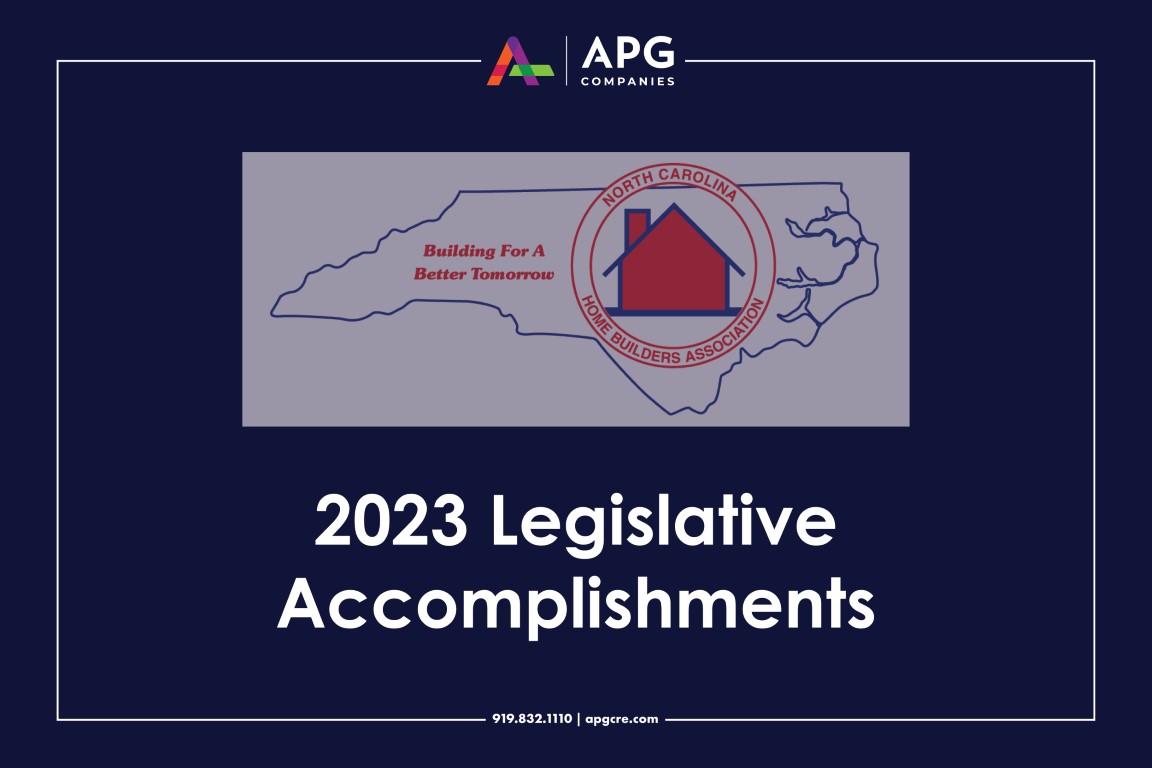
“The 2023 legislative long session was one of the most productive and successful in NCHBA’s history,” said Tim Minton, NCHBA Executive Vice President.
Below are the top 5 NCHBA accomplishments of the year.
Reduced Domestic Wastewater Demand [SB 673 / SL 2023-55]
The bill substantially increases existing capacity by reducing the wastewater flow calculation for new residential construction – from 120 gallons per day per bedroom to 75 gallons per day per bedroom – to reflect current technology (e.g., low-flow toilets, showerheads, etc.)
Created Pathway for Concurrent Sitework During Permitting Process [ SB 677 / SL 2023-142]
NCHBA supported legislation that allows builders and developers to choose whether to perform their horizontal site work concurrently during ancillary permit review, rather than waiting until all permits are in hand.
Stopped Costly Energy Code Mandates [HB 488 / SL 2023-108]
HB 488 was one of the NCHBA’s most significant legislative victories since the creation of the Association in 1963. Among the most important provisions was the creation of a 13-member Residential Building Code Council. The legislation also prevented an update to all energy code-related chapters of the NC Residential Building Code, which otherwise had been on track to add a minimum of $20,400 to the price of the average home built in NC.
Reined in Wetlands [SB 582 / SL 2023-63]
NCHBA advocated for the provision in the 2023 Farm Act that constrains the state definition of wetlands to federal jurisdictional claims. Now, not only do NC builders and developers get the benefit of the “Sackett v EPA” ruling, but all state wetlands are now constrained to the federal jurisdiction alone.
Reformed State Stormwater Permitting [SB 673 / SL 2023-55]
NCHBA negotiated for language creating a new ‘shot clock’ to reform the existing 90-day review procedure that resets each time DEQ asks for more information. The new ‘shot clock’ procedure requires DEQ to determine if an application is administratively complete within 10 working days of receipt, then 60 calendar days to complete its technical review.
Recent Posts
March 24, 2025

February 21, 2025

February 13, 2025

January 24, 2025

January 7, 2025

January 3, 2025

December 11, 2024
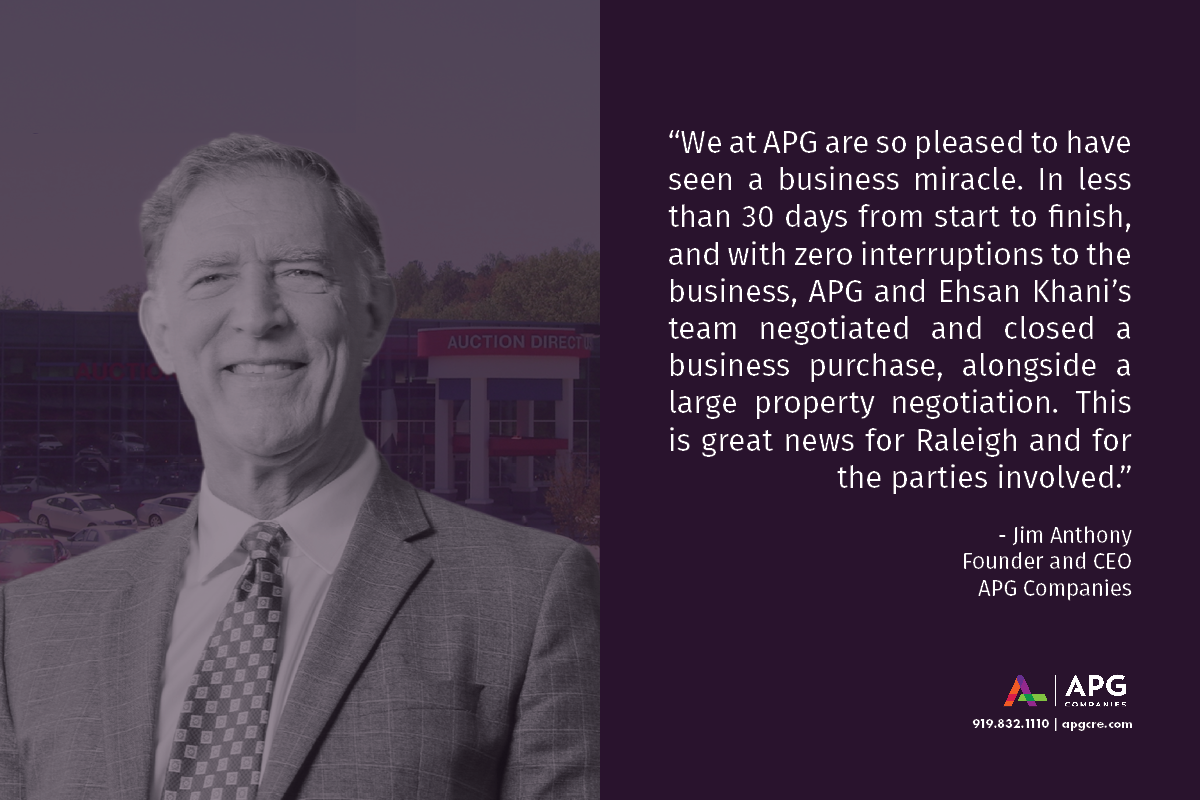
November 19, 2024

November 7, 2024

November 6, 2024
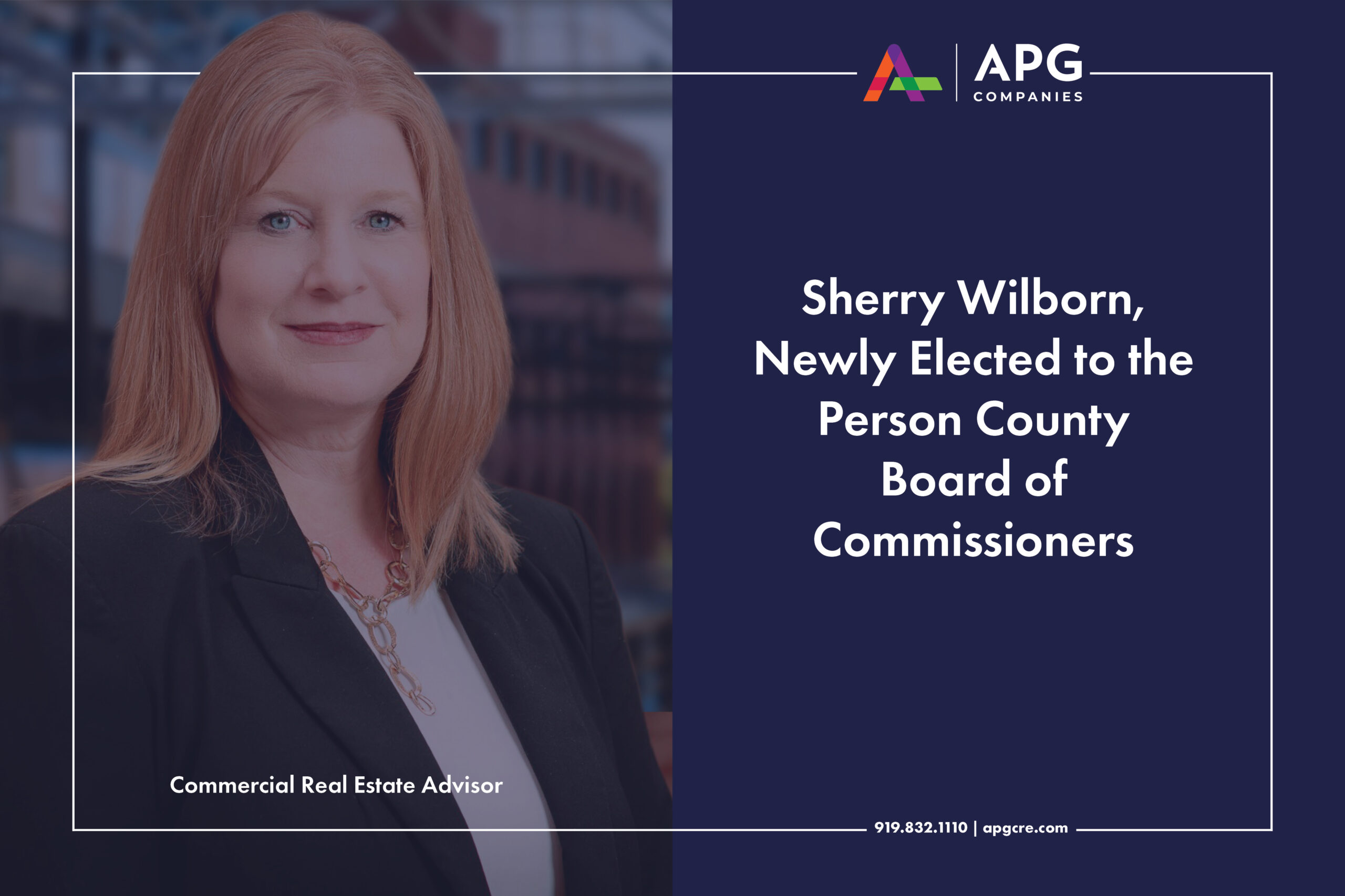
October 31, 2024

September 13, 2024

September 12, 2024
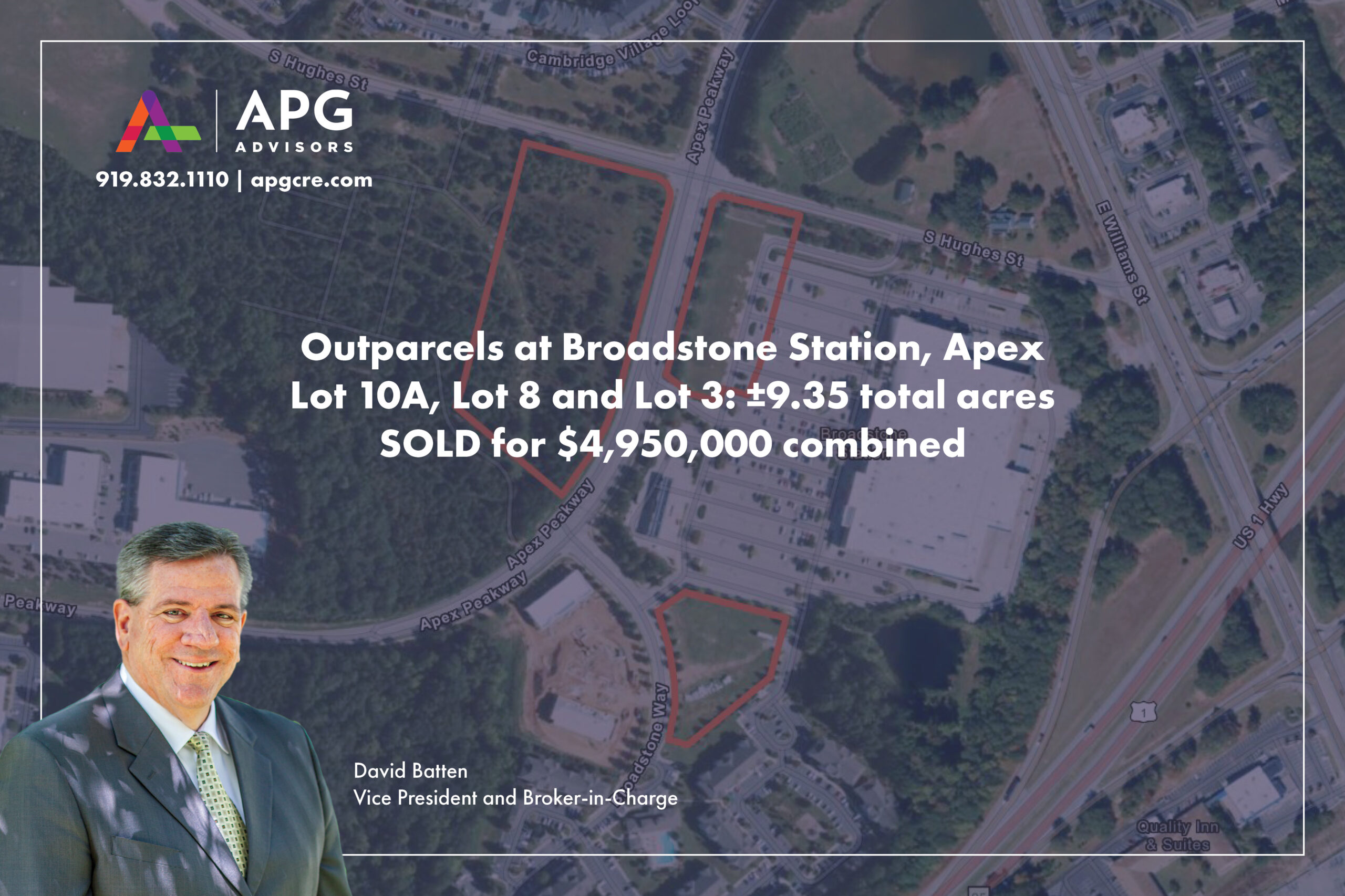
August 28, 2024

August 9, 2024

August 2, 2024

July 9, 2024

June 13, 2024

May 31, 2024

May 31, 2024

April 22, 2024

April 16, 2024
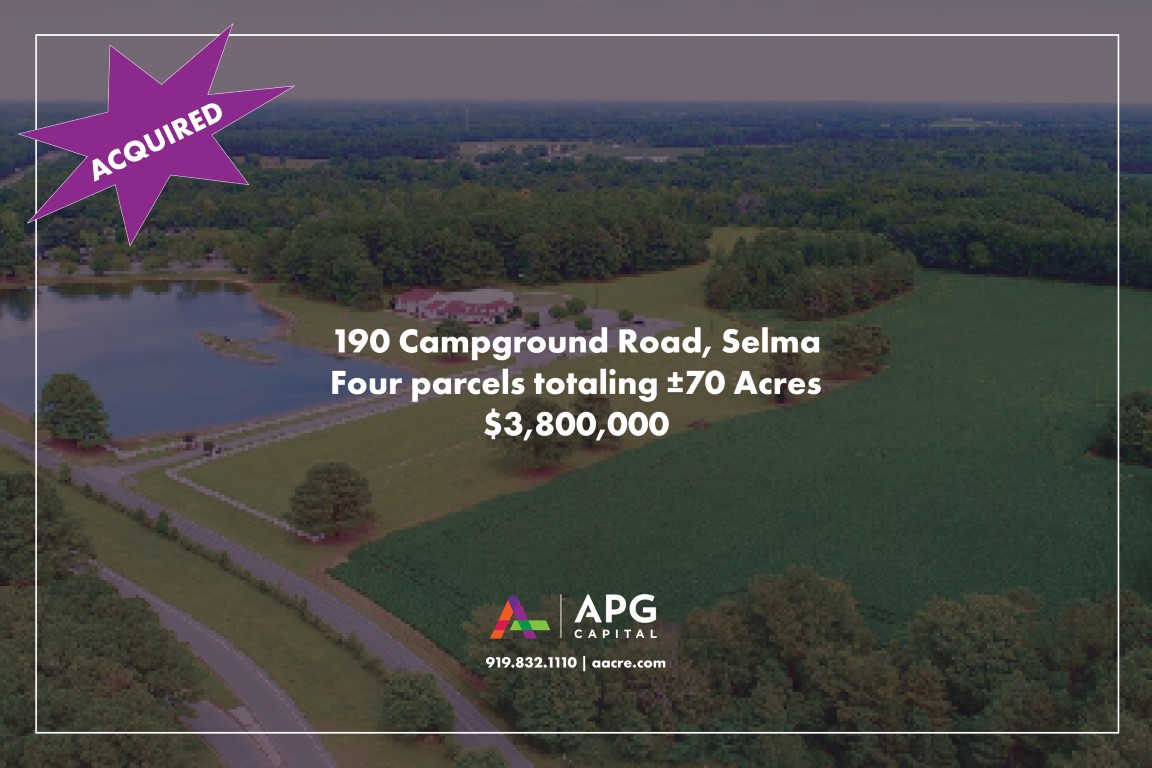
April 10, 2024

March 29, 2024

February 28, 2024

February 22, 2024

December 14, 2023

October 31, 2023

October 12, 2023

August 9, 2023

May 24, 2023

April 25, 2023

March 16, 2023
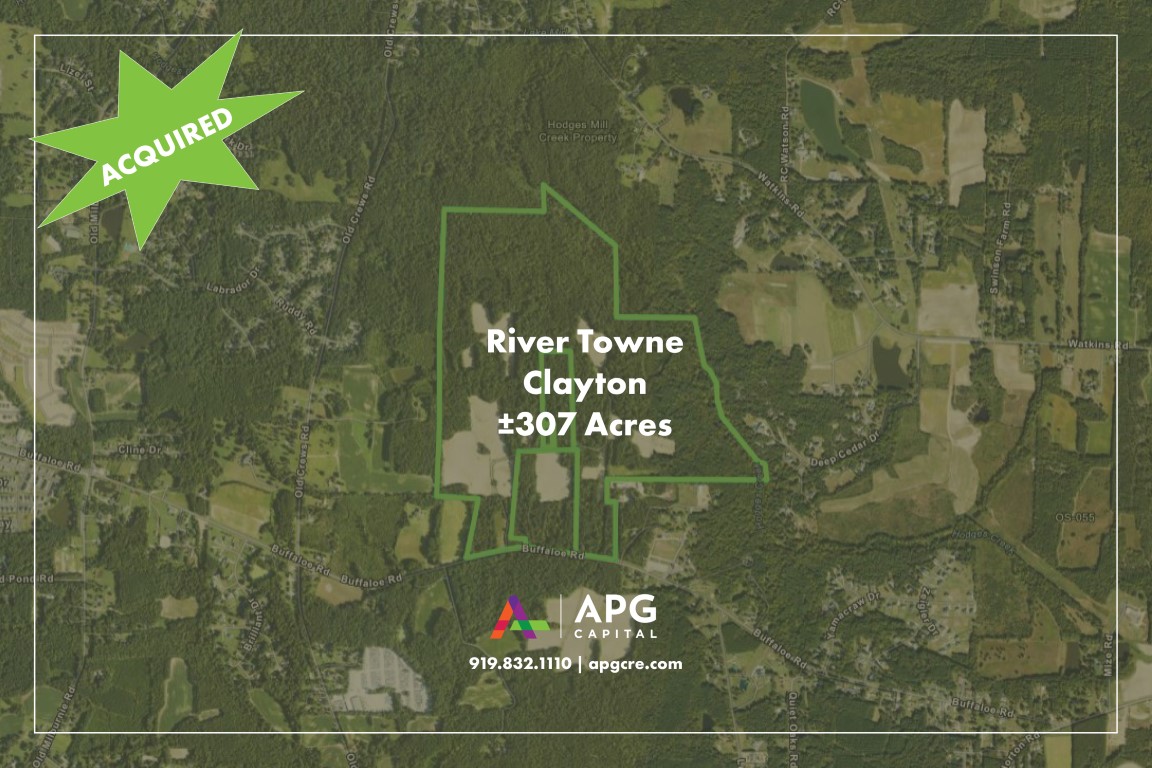
February 9, 2023

January 23, 2023

